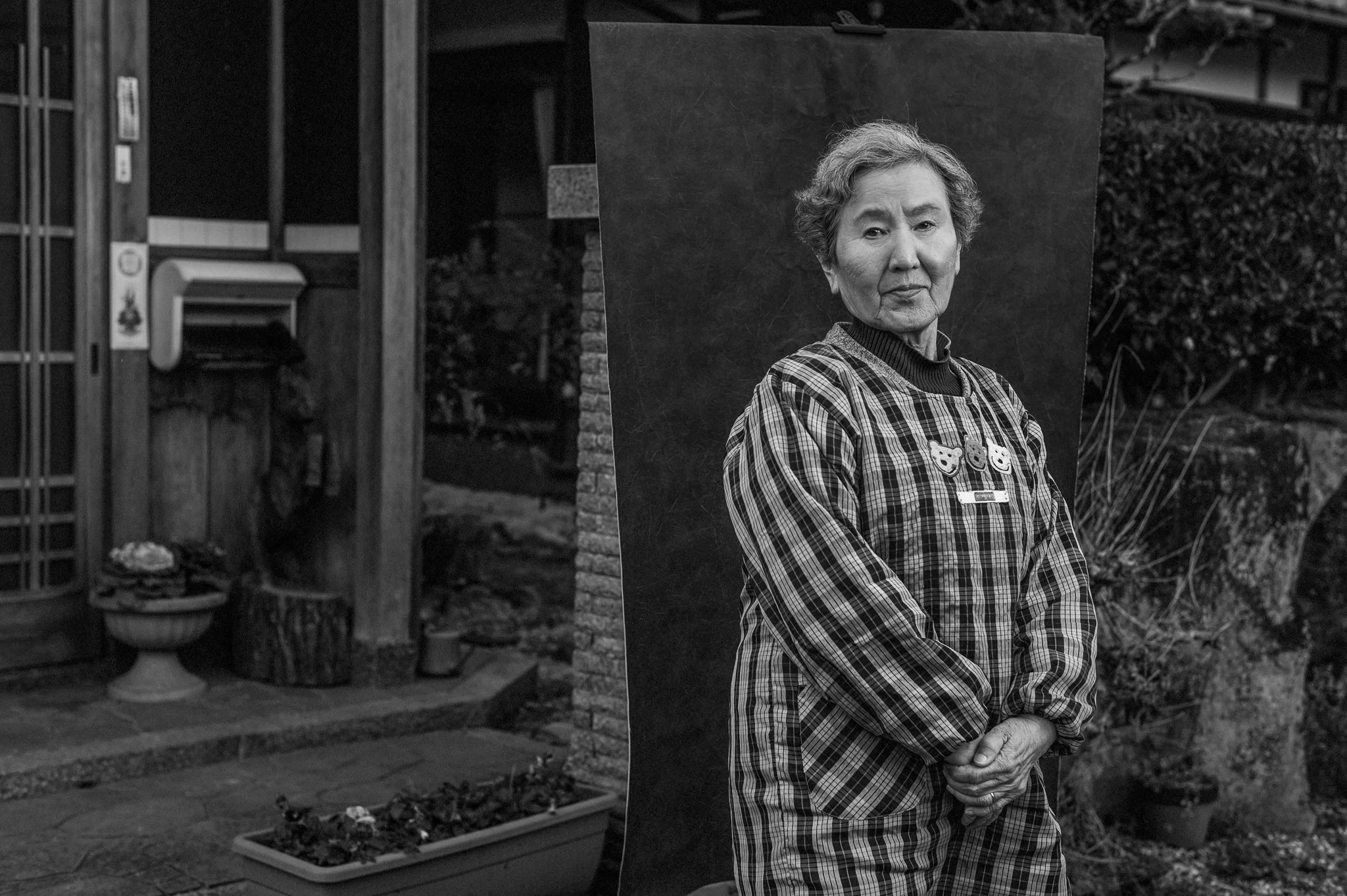Beyond War
Recent warfare reminded me that what we see on the news is just a glimpse of events happening in the world. We hear all the time about the leaders of groups in any conflicts. However, much like any politics, everyday people who have no power to decide the fate of affairs always are the ones that need to pay the highest price.
My grandparents' generation is one of the last generations that experienced war in Japan. Any history books I've read or museums I’ve visited talk about strategies and how soldiers fought. Those are the topics seem to receive all the attention, and understandably so. However, when I talk to my grandparents, the experiences of everyday people are a lot different from the textbooks. It is a series of heartbreaks, losing your loved ones, kids separated from their parents, and parents giving away their kids to strangers to protect them from immediate danger.
Talking to them makes me realize while survival skills and heroic actions always get the most focus, behind that are so many innocent people losing their loved ones. My grandma showed me this essay she did for school long ago:
In 1943, as the intensity of the Pacific War increased, all the kids in the city older than the 3rd grade were mandated to evacuate to the countryside. I lived in Osaka, so I had to evacuate at the beginning of the summer break. I evacuated to a house with two elders in Hikami Cho. Kids who didn’t have relatives or people they knew in the country area evacuated to a temple in the Ishikawa prefecture. Since my parents knew someone, I was separated and came to Tanba alone.
There, my life was different and harsh compared to my life with my parents. During the day, I had friends and teachers to learn with and play together. However, in the evening, my friends returned to their homes with their parents, except me; I had to return to a house I couldn't rely on. I went back to the room that was given to me; I couldn’t help but cry alone every day when I looked at the sun going down on the East mountain.
Around this time, we did not have food, and everybody was hungry. I remember our snack was ten large raw beans. We placed them by the fire, and when it made a "pop" sound with a little burn, we took them one by one to eat.
I missed my mom so much every day. One day, when I saw a charcoal bus going by our house, I followed the bus to see her. I was still in elementary school, and someone saw me following the bus; I was taken back to the home I was staying in. I was beaten badly by the grandpa of the house that night. If it weren't for the neighbor lady coming to help me, I don't know if I would be here today. My face was so swollen that I wasn't allowed to go to school the next day.
I lived in this house for the next few years. In March of my 5th grade, everything changed. Osaka took a massive aerial bombing. My parents survived this bombing, but their house was burned down. They walked about 62 miles to come to live with me again. I still remember how happy I was to see my family and I cried in my mom's arms for a long time. Kids who evacuated to the Ishikawa prefecture must also have gone through a tough time. I never want to repeat anything like that.
We should never repeat a war. I remember those times every August, even in this peaceful time.
My grandpa. He cries every time he talks about war.
My grandma still remembers vividly the day her parents walked 62 miles with their luggage to see her.
As a photographer, I am curious about other photographers' experiences, particularly if they are in a different field. I attended a lecture by one of the most awarded war documentary photographers a few months ago. When she delivers the photos after coming back from an assignment, if the editor decides the content isn’t something the general public can handle, they will not publish the images.
My grandma cries every time she sees kids in a war on the news. I imagine hundreds and thousands of stories behind each story we see in any media.






